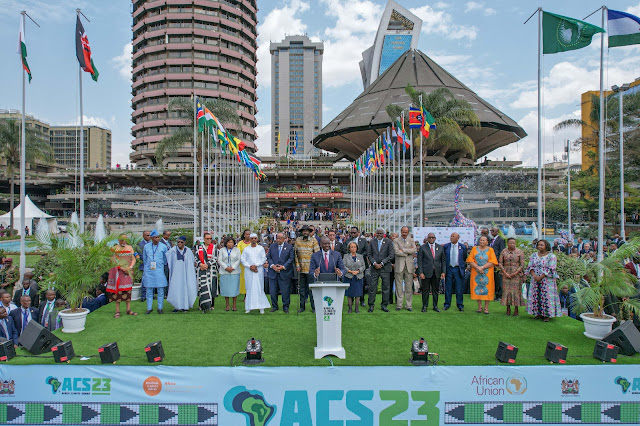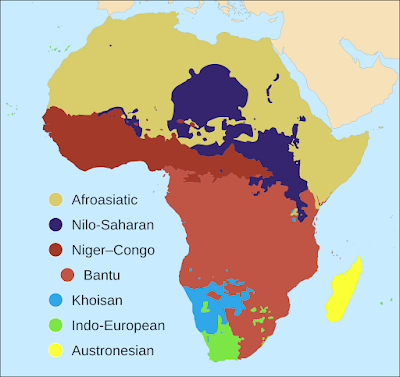The case for linguistically inclusive generative AI
The Predominance of English in AI Did you know that most generative AI projects predominantly focus on the English language? This dominance of English in the realm of AI research and development has inadvertently resulted in a lack of diversity, hindering AI technology's ability to understand and generate in other languages. By directing so much emphasis on English, we are inadvertently curbing the potential of AI to serve a global, diverse audience. The Importance of Linguistic Diversity in AI Expanding the scope of research and development to include multiple languages is crucial. Not only will this foster better communication across cultures, but it will also promote inclusivity and accessibility. Non-English speakers, after all, should be equally entitled to benefit from AI advancements. Diversifying AI can help bridge linguistic divides, encouraging a richer cultural exchange. Such diversity can address the unique needs and preferences of global communities, leading to the c



